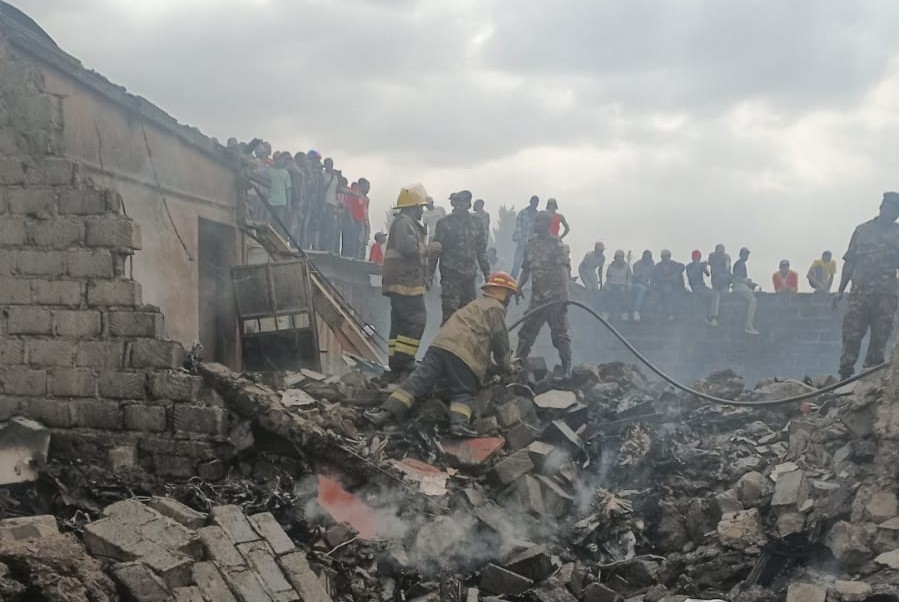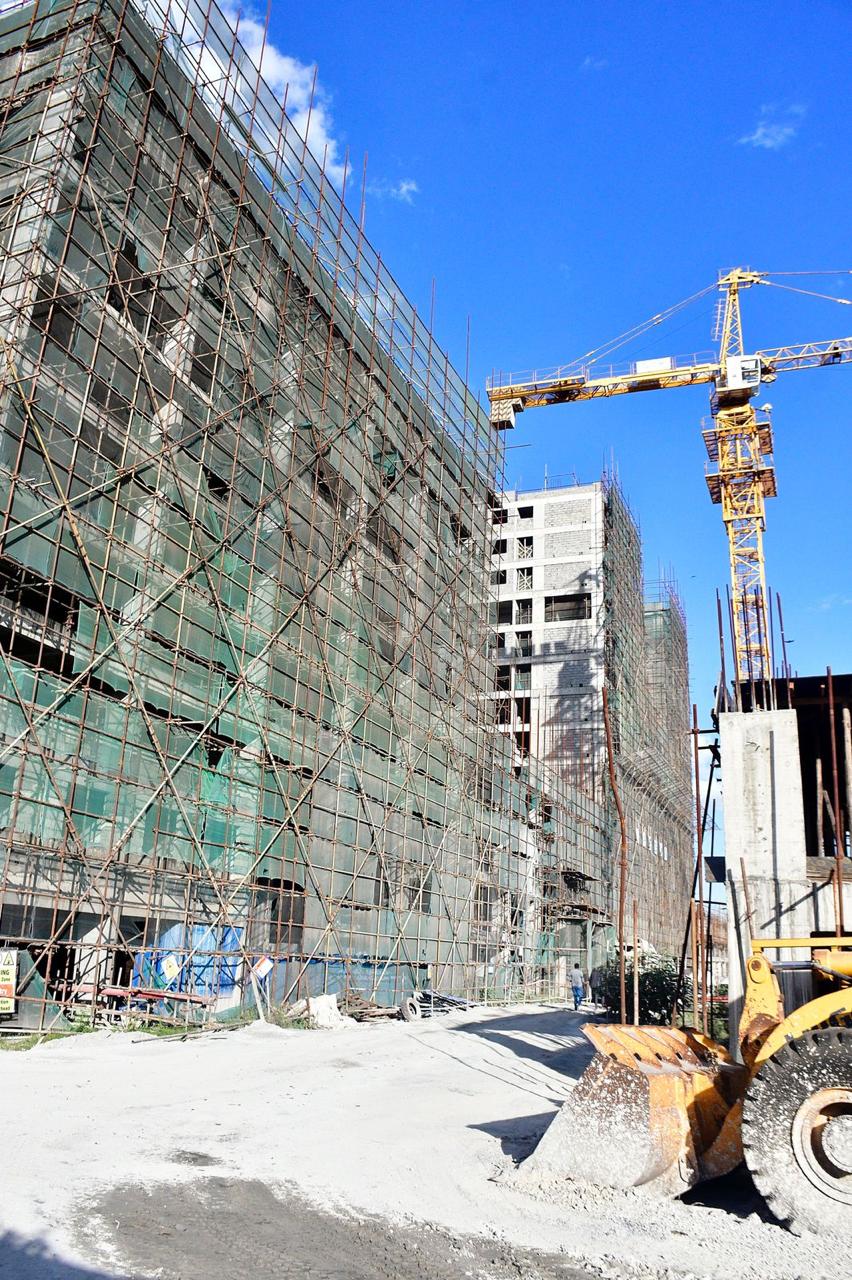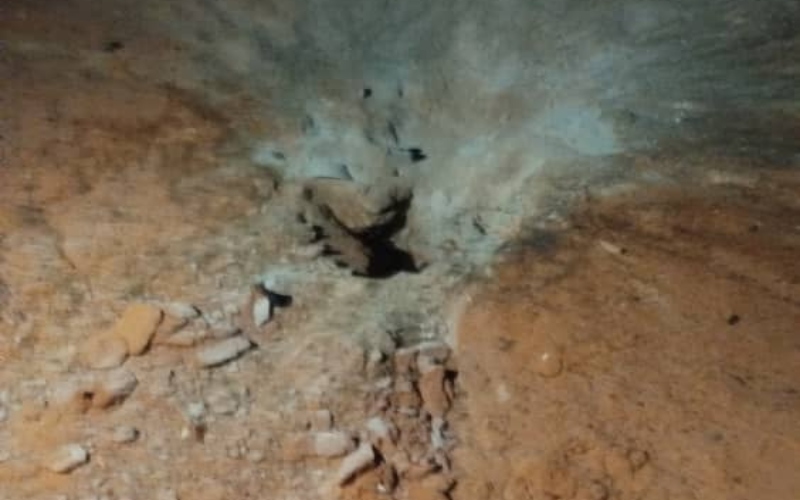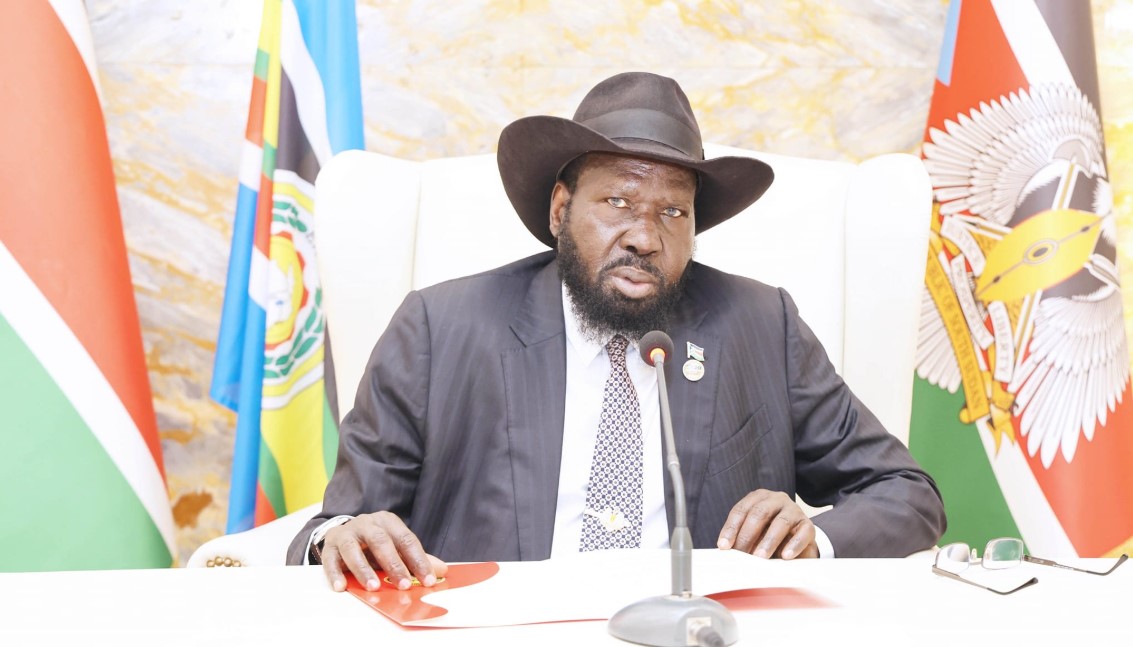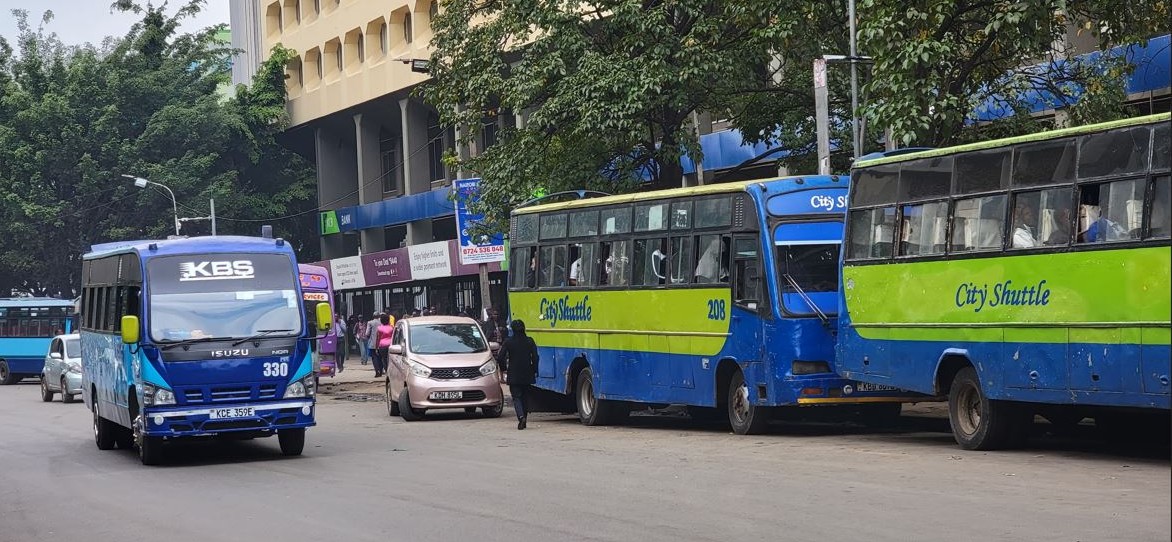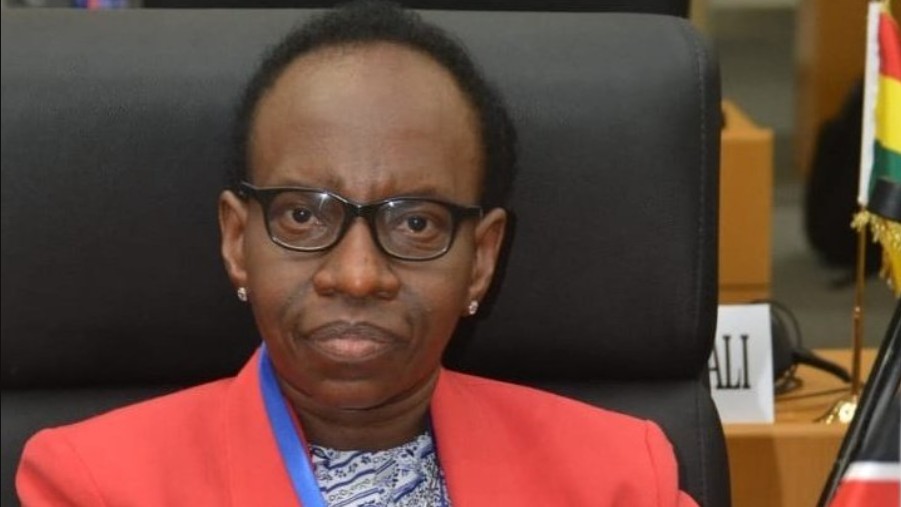EACC appeals high court decision overturning suspension of Ketraco GM
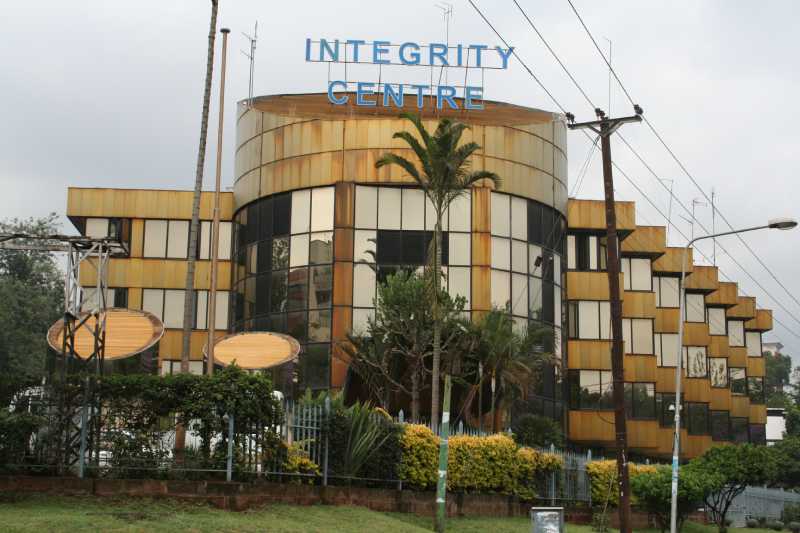
The Employment and Labour Relations Court quashed Wamukota's suspension, claiming it was unlawful.
The anti-graft body has filed a notice of appeal against Monday's high court decision that revoked the suspension of Ketraco General Manager Anthony Wamukota.
"Take notice that the third respondent herein, being dissatisfied with the judgement of Honourable Justice Byram Ongaya delivered on April 8, 2024, at Nairobi, intends to appeal to the Court of Appeal the whole said judgement," the notice reads.
More To Read
- EACC asked to investigate Nakuru Governor Kihika over Sh7.8 billion stalled projects, Sh1 million incomplete toilet
- MPs demand probe into Sh373m stalled amphitheatre project at University of Eldoret
- Bomet Governor Hillary Barchok released on Sh15 million bond
- Bomet Governor Hillary Barchok arraigned in Sh2 million graft case
- Ex-Bungoma Governor Wycliffe Wangamati, 11 co-accused arraigned over alleged graft
- How civil servants are illegally drawing salaries from both counties, National Government
Engineer Wamukota was suspended by the company's board of directors in November last year for a period of one year to pave the way for an Ethics and Anti-Corruption Commission (EACC) investigation into the Loiyangalani-Suswa power line project.
On Monday, however, the Employment and Labour Relations court quashed the suspension, claiming it was unlawful.
In his ruling, Justice Ongaya said the enforcement of the suspension letter was in breach of fair practices and that the whole process involved in making that decision was unprocedural as it overlooked the internal human resource policy on suspensions.
EACC says Wamukota is among 74 officials, including six CEOs, who were suspended from office in November last year on its recommendations to pave the way for investigations into their alleged involvement in theft or loss of public funds.
"The Commission's decision to move to the Court of Appeal is informed by the overwhelming public interest in keeping the graft suspects away from office to safeguard the integrity of the investigation process," the commission said on Wednesday.
Section 42(7) of the Leadership and Integrity Act, 2012, as well as Leadership and Integrity Regulations, 2015, permit EACC to recommend the suspension of an official pending the investigation and determination of allegations made against them, where such suspension is considered necessary.
"This included situations where, by virtue of their positions and other considerations, the officer may conceal, alter, destroy or remove records, documents or evidence or intimidate, threaten or otherwise interfere with witnesses or compromise investigations in any other manner," the authority noted.
Top Stories Today
